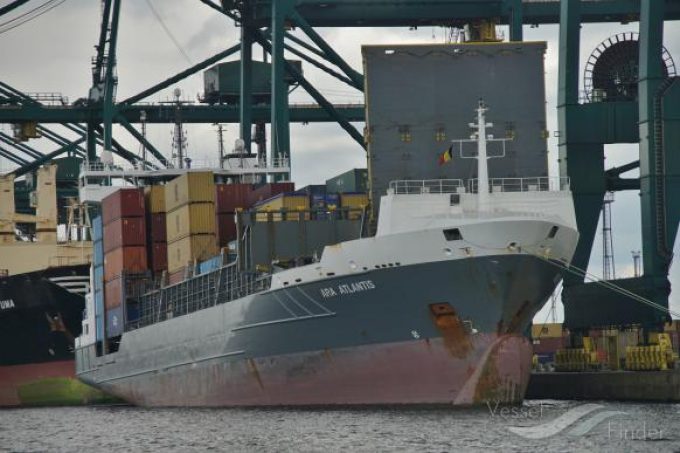Red Sea premiums tempt opportunistic operators, despite major Houthi attack
Smaller shipping lines are continuing to operate in the Red Sea, despite a major attack ...

With new regulatory standards for the efficiency of vessels looming next year, shipowners and operators are looking for compliance options that won’t mean a reduction of service speed.
The International Maritime Organization’s Energy Efficiency Existing Ship Index (EEXI) and Carbon Intensity Indicator (CII) will require verification ...
Four crew members still missing as Wan Hai 503 continues to burn
Explosions and 'out-of-control' fire reported on Wan Hai box ship
Predatory rivals circle as the ripples from DSV's Schenker buy widen
MSC Elsa crew face criminal probe, as Wan Hai 503 firefighters battle on
Latest Israeli attack on Iran a threat to box ships in Straits of Hormuz
'It's driving us mad', say forwarders as US court fails to end tariff turmoil
Transpacific rates ease as capacity boost proves too much for trades to digest

Comment on this article